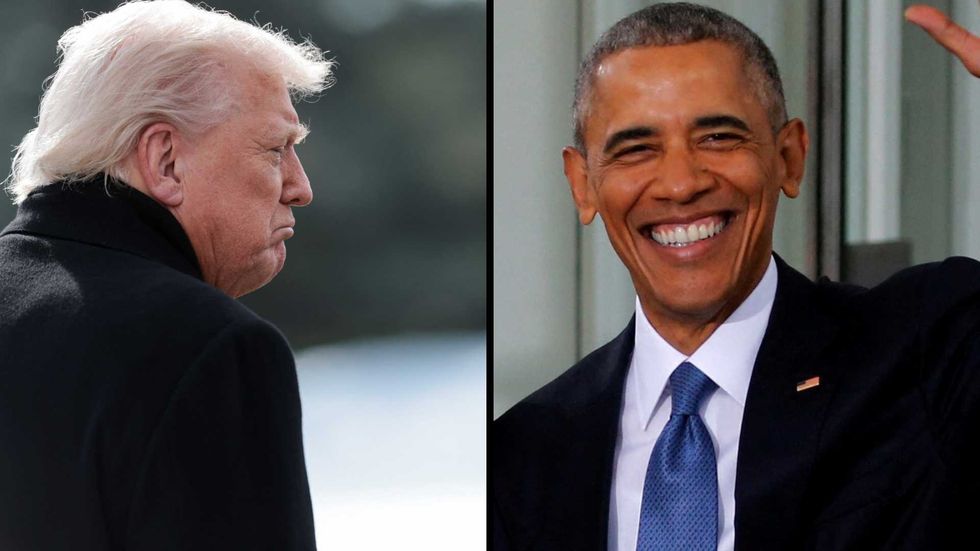The cryptocurrency world is buzzing with a recent controversy surrounding a bold OpenVPP partnership claim. This week, OpenVPP (OVPP) announced what it presented as a significant collaboration with the U.S. government in the innovative field of energy tokenization. However, this claim quickly drew the sharp eye of on-chain analyst ZachXBT, who highlighted a swift and official rebuttal that has sent ripples through the digital asset community.
What Sparked the OpenVPP Partnership Claim Controversy?
The core of the issue revolves around OpenVPP’s assertion of a U.S. government partnership. This kind of collaboration would typically be a monumental endorsement for any private cryptocurrency project, especially given the current regulatory climate. Such a partnership could signify a new era of mainstream adoption and legitimacy for energy tokenization initiatives.
- OpenVPP initially claimed cooperation with the U.S. government.
- This alleged partnership was said to be in the domain of energy tokenization.
- The announcement generated considerable interest and discussion online.
ZachXBT, known for his diligent on-chain investigations, was quick to flag the development. He brought attention to the fact that U.S. Securities and Exchange Commission (SEC) Commissioner Hester Peirce had directly addressed the OpenVPP partnership claim. Her response, delivered within hours, was unequivocal and starkly contradicted OpenVPP’s narrative.
How Did Regulatory Authorities Respond to the OpenVPP Partnership Claim?
Commissioner Hester Peirce’s statement was a crucial turning point in this unfolding story. She clearly stated that the SEC, as an agency, does not engage in partnerships with private cryptocurrency projects. This response effectively dismantled the credibility of OpenVPP’s initial announcement regarding their supposed government collaboration.
Peirce’s swift clarification underscores a fundamental principle of regulatory bodies: maintaining impartiality and avoiding endorsements of private entities. Her statement serves as a vital reminder to the crypto community about the official stance of government agencies concerning private ventures.
Moreover, ZachXBT’s analysis didn’t stop there. He also observed that the social media accounts actively promoting OpenVPP were predominantly those of various influencers. This pattern often raises red flags, suggesting a potentially coordinated promotional effort rather than organic community enthusiasm.
What Was OpenVPP’s Explanation for the Discrepancy?
Following the rapid debunking by Commissioner Peirce and the subsequent scrutiny from ZachXBT, the OpenVPP team issued an official statement. Their explanation for the glaring contradiction was, to many, rather unconventional. They claimed that an intern had “accidentally hidden” Peirce’s reply. This explanation immediately sparked further skepticism and debate.
The idea of a critical regulatory response being “accidentally hidden” by an intern, especially one that directly refutes a major project announcement, struck many as improbable. Such an incident, if true, would point to significant internal communication issues or a lack of oversight within the OpenVPP team.
This incident surrounding the OpenVPP partnership claim highlights the importance of transparency and accountability in the fast-evolving crypto space. Projects aiming for legitimacy must ensure their public communications are accurate and verifiable, especially when involving government entities.
Why Does Trust Matter in the Crypto Space?
The entire episode serves as a powerful reminder of the fragile nature of trust within the cryptocurrency ecosystem. For investors, the integrity of project claims is paramount. A false OpenVPP partnership claim can severely erode confidence, not just in the project itself, but potentially in the broader market.
- Investor Due Diligence: This situation emphasizes the critical need for individuals to conduct thorough research before committing funds to any project.
- Project Accountability: Crypto projects must uphold the highest standards of truthfulness in their public statements to build and maintain credibility.
- Market Integrity: Misleading claims can distort market perceptions and potentially lead to uninformed investment decisions.
The swift reaction from both an on-chain analyst and a high-ranking SEC official demonstrates the growing vigilance against potentially misleading information in the crypto sector. It’s a clear signal that claims, particularly those involving government backing, will be met with intense scrutiny.
Crucial Lessons from the OpenVPP Controversy
This unfolding drama offers several crucial takeaways for both crypto projects and potential investors. For projects, it’s a stark warning about the consequences of making unsubstantiated claims, especially those involving regulatory bodies. The reputational damage from such an incident can be long-lasting and difficult to overcome.
For investors, it reinforces the timeless advice: “Do Your Own Research” (DYOR). Always verify claims, especially those that seem too good to be true or involve high-profile partnerships. Relying solely on influencer promotions, as noted by ZachXBT in the context of the OpenVPP partnership claim, can be a risky strategy.
In conclusion, the controversy surrounding OpenVPP’s U.S. government partnership claim serves as a potent case study in the volatile world of cryptocurrency. The rapid debunking by SEC Commissioner Hester Peirce, coupled with ZachXBT’s investigative insights, highlights the critical need for transparency, accuracy, and rigorous due diligence. As the digital asset landscape continues to mature, verifiable information and trustworthy communication will remain the cornerstones of sustainable growth and investor protection. This incident underscores the ongoing challenges and the increasing scrutiny projects face, urging all participants to prioritize integrity above all else.
Frequently Asked Questions (FAQs)
1. What was OpenVPP’s controversial claim?
OpenVPP (OVPP) claimed this week to be cooperating with the U.S. government in the field of energy tokenization, a claim that quickly drew significant scrutiny.
2. How did SEC Commissioner Hester Peirce respond to the OpenVPP partnership claim?
SEC Commissioner Hester Peirce responded by stating unequivocally that the agency does not partner with private cryptocurrency projects, directly contradicting OpenVPP’s assertion.
3. What role did ZachXBT play in this controversy?
On-chain analyst ZachXBT highlighted the controversy by drawing attention to OpenVPP’s claim and Commissioner Peirce’s rebuttal. He also noted that influencers were promoting OpenVPP.
4. What was OpenVPP’s explanation for the hidden reply?
The OpenVPP team later issued an official statement claiming that an intern had accidentally hidden Commissioner Peirce’s reply, an explanation that was met with skepticism.
5. Why is transparency crucial for crypto projects like OpenVPP?
Transparency is vital for building and maintaining trust within the cryptocurrency ecosystem. Misleading claims, especially those involving government partnerships, can erode investor confidence and damage a project’s credibility.
Did this article shed light on the importance of due diligence in crypto? Share your thoughts and spread awareness by sharing this article on your social media platforms! Let’s foster a more informed and vigilant crypto community together.
To learn more about the latest crypto market trends, explore our article on key developments shaping energy tokenization institutional adoption.
Disclaimer: The information provided is not trading advice, Bitcoinworld.co.in holds no liability for any investments made based on the information provided on this page. We strongly recommend independent research and/or consultation with a qualified professional before making any investment decisions.
Source: https://bitcoinworld.co.in/openvpp-partnership-claim-scrutiny/



